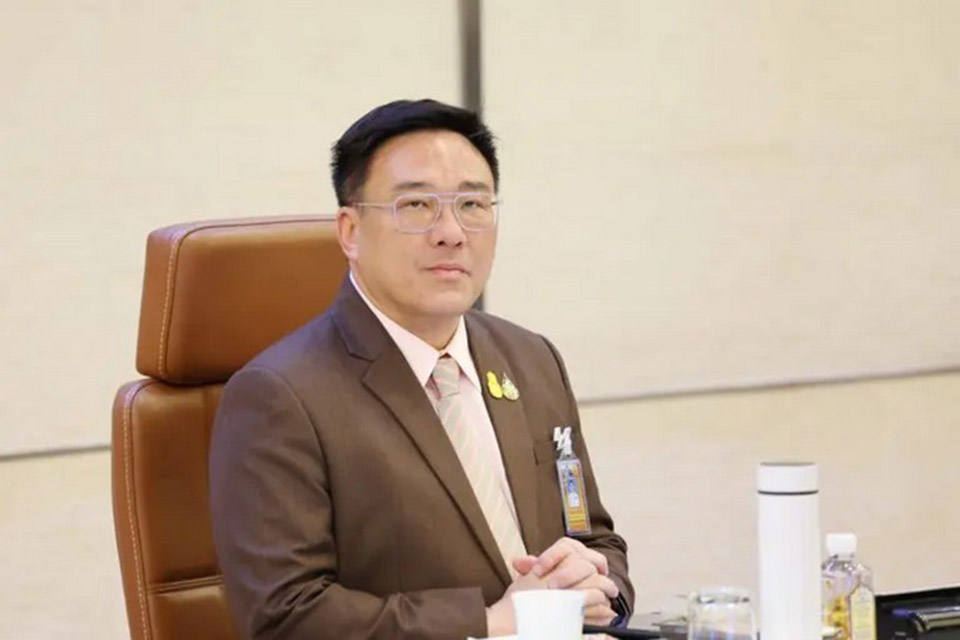The “airdrop” event planned by the Thai government has been postponed. According to a decision by the government, the plan to distribute 10,000 baht worth of crypto wallets to citizens over the age of 16, is delayed. The opposition in the country is requesting an investigation from the election commission regarding this issue.
Government Steps Back from the Program
The development was first reported by the local press channel Bangkok Post, and according to the news source, Thai Deputy Finance Minister Julapun Amornvivat announced that the planned launch of the crypto wallet project, expected to operate in the country, in February 2024, has been postponed. The main factor behind this decision was cited as the system’s glitches and efforts to improve the system.
The Thai government hopes to use the crypto wallet to give 10,000 baht to eligible citizens, especially with the aim of revitalizing the country’s economy. This step is seen as an “airdrop” event by Web3 users in particular.
In the statement made by Amornvivat, it was emphasized that the Thai government needs more time to ensure the security of the crypto grant wallet system, which forms the basis of the project. The planned launch date for the project has been confirmed as the first quarter of 2024.

Budget Allocated to the Project Draws Attention
According to news in the country’s press, the subcommittee responsible for the program is still working seriously on funding for this program. It is estimated that the crypto wallet program of the Pheu Thai Party will cost 548 billion baht, which is equivalent to 15 billion dollars.
The government predicts that this project, with previous studies, will stimulate economic growth by 5% next year. Amornvivat argued that tax revenue from increased economic activities would help cover part of the program’s cost.
Former Thai Senator Rosana Tositrakul continues to approach this project with suspicion and has requested the election commission to investigate the legality of the proposed plan since it was put on the agenda.
As the Thai government considers using the national budget to take an important step in the blockchain sector, the financial shortage and the potential borrowing to cover venture costs in the country have led Tositrakul to question the legal regulation of the plan.

 Türkçe
Türkçe Español
Español









